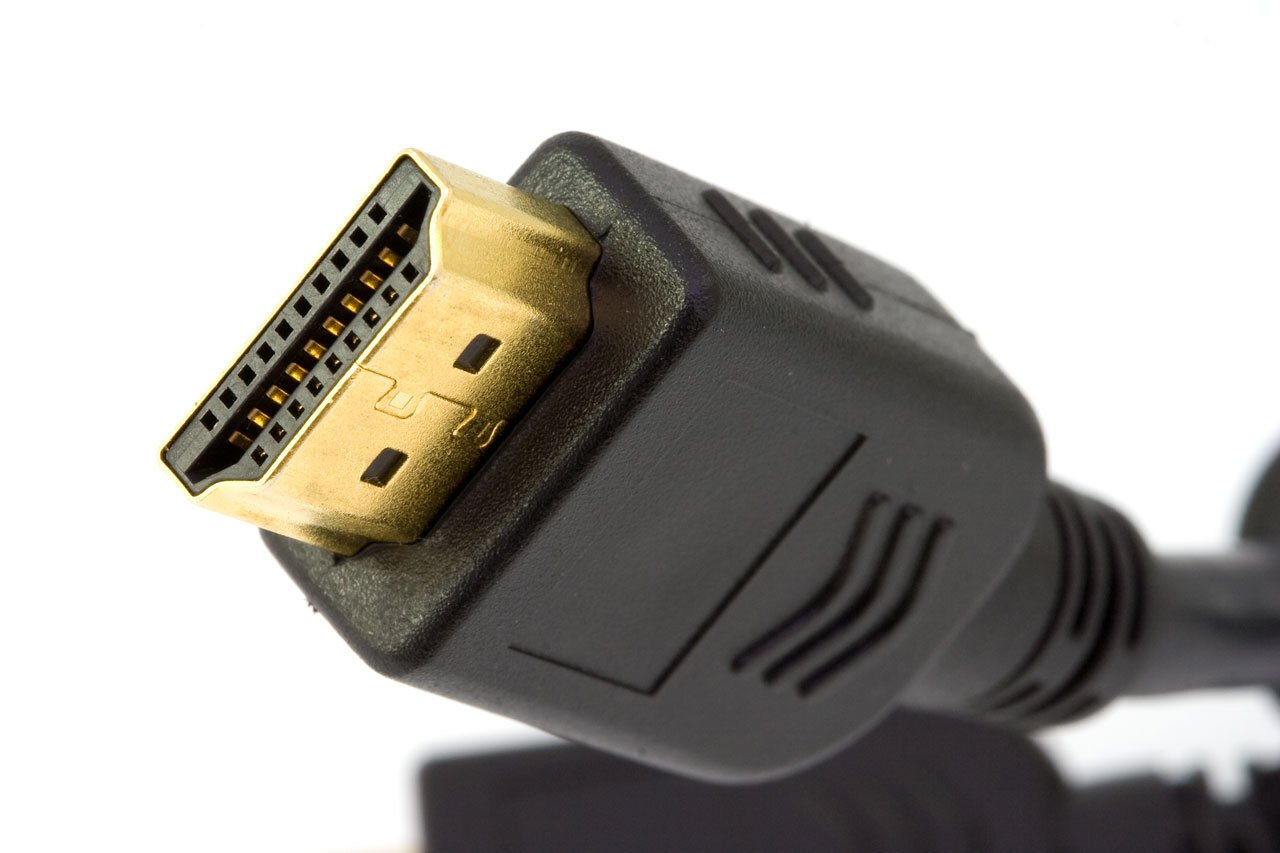Roku is exploring ways to show consumers ads on its TVs even when they are not using its streaming platform: The company has been looking into injecting ads into the video feeds of third-party devices connected to its TVs, according to a recent patent filing.
This way, when an owner of a Roku TV takes a short break from playing a game on their Xbox, or streaming something on an Apple TV device connected to the TV set, Roku would use that break to show ads. Roku engineers have even explored ways to figure out what the consumer is doing with their TV-connected device in order to display relevant advertising.



You know HDMI is not some big secret they can use it without the license and ship from overseas like 90% of shit shipped from China.
For cheap gizmos I can see a chinese seller getting away with it (rebranding under another weird name like AWOYO or something, in a sea of identical devices under different brand names), but not a large business like Roku.
Funnily enough, Flipper did exactly that and the Zero is still doing fine. It’s a loophole, but it does seem to be working fine-ish.
HDMI Forum have instead resorted to taking GPU manufacturers hostage because they don’t want any specs leaking, that’s why AMD were denied being allowed to support latest HDMI in their free Linux drivers.
That only works if you’re headquartered in China.
Not that the HDMI Fourm will stop them, anyway. More likely, the companies involved will want to license Roku’s patent.